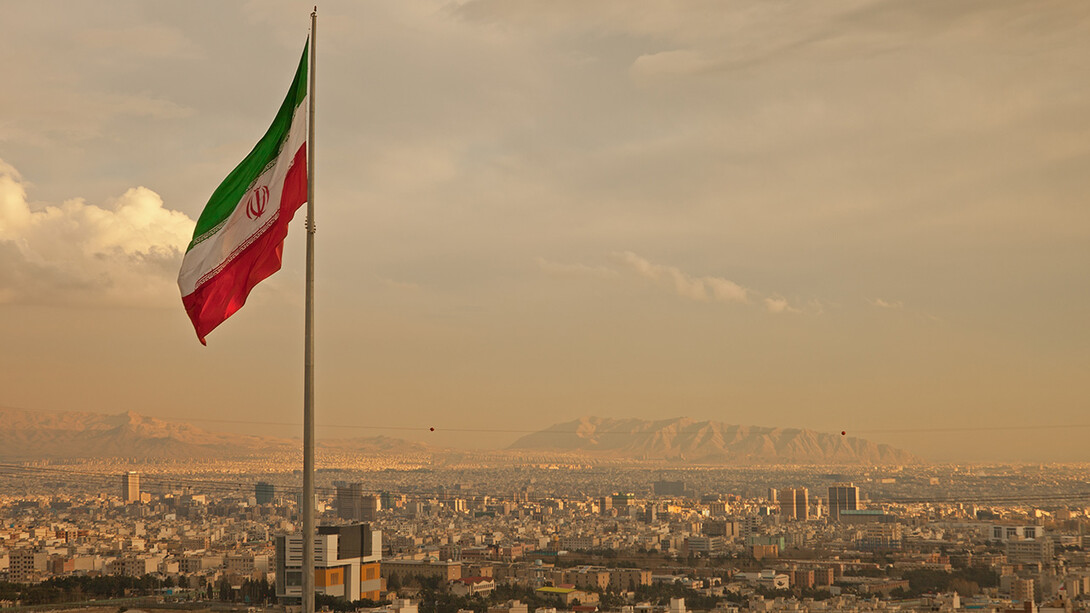
Two University of Nebraska–Lincoln political scientists recently provided expertise to major media outlets following the United States’ drone-strike assassination of Maj. Gen. Qassim Suleimani, Iran’s top military leader, on Jan. 3.
Rupal Mehta, an assistant professor of political science who studies Iran’s military and nuclear programs, was interviewed for a Jan. 4 New York Times article on whether the killing might deter Iranian attacks or encourage them. She said the American strike could send a message to the surviving members of Suleimani’s network. But when the United States has killed high-ranking members of terrorist organizations, she said, their replacements have tended to be more extreme, not less.

Mehta also participated in a live interview on the topic Jan. 6 on BBC Radio’s “Up All Night.” (The interview begins at 2:35:05.) Regarding Iran’s new claims that it will no longer abide by any limits on its uranium enrichment, she said this is a “pretty serious moment” in a decades-long crisis but that she doesn’t necessarily think Iran will restart its nuclear weapons program. She pointed out that the country has abided by the 2015 nuclear deal and is still allowing inspections by the International Atomic Energy Agency. She also mentioned that Iran is reportedly working with intermediaries, including the Swiss government and U.N. Security Council members, to try to fully understand the assassination. Iran has diplomatic and military options at its disposal, she said. (Iran launched more than a dozen ballistic missiles at two Iraqi military bases housing U.S. troops early Jan. 8. No casualties were reported at the bases. However, a missile struck a Ukrainian airliner, killing 176 people, in what is believed to be an accident.)
Mehta said she thinks it’s too early to tell whether the assassination will impact Iran’s nuclear ambitions or whether the killing strengthened or weakened Tehran.
“From what we’ve been able to gather, both from intelligence sources and from the ripple effects — including U.S. troops being asked to leave Iraq, the suspension of U.S. coalition against ISIS forces and a relatively robust response from the Iranian population in support of the Iranian government — this has potentially strengthened Iran, especially with regard to the region, potentially even (with) the international community as a whole,” she said.

Tyler R. White, associate professor of practice in political science, was also interviewed for a Jan. 3 Omaha World-Herald article on Suleimani’s killing and what it might mean for the Middle East. He said he had far more questions than answers on Friday.
“Frankly, it’s a surprising thing,” he said. “This could escalate into a war in the region.”
White said it was too soon to tell whether the assassination would prove positive or negative for American interests but that it was “a really big deal.”
Nebraska Headliners highlights Husker faculty and staff featured in major news outlets. If you see a possible Nebraska Headliner, submit the story or URL via email to nebraskatoday@unl.edu.







